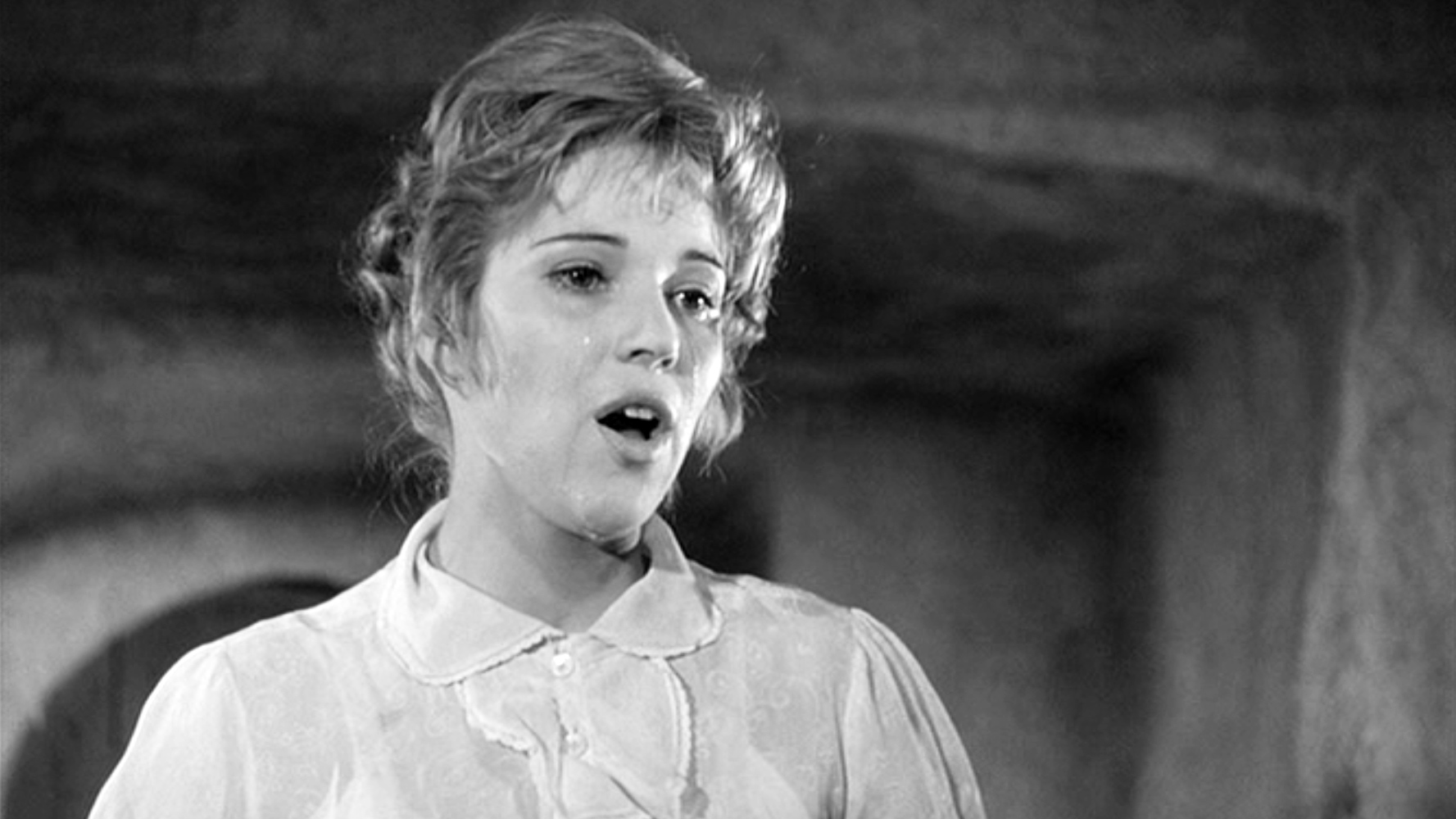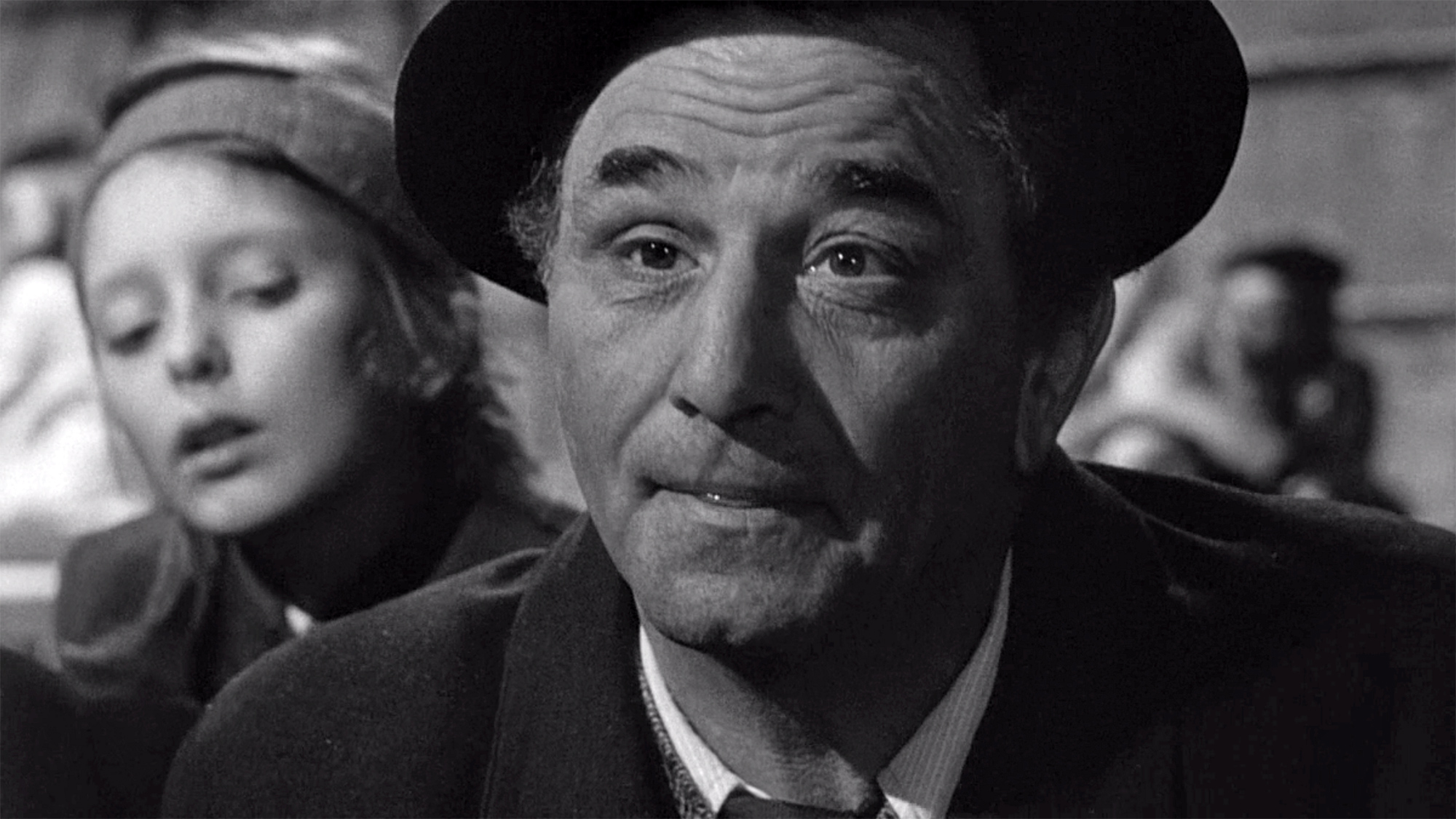Richard Raskin
Født 1941. Ph.D. og Dr. Phil. lektor emeritus ved Afdeling for Medievidenskab og Journalistik, Aarhus Universitet.
Blandt hans bøger: The Functional Analysis of Art (1982), Alain Resnais’s Nuit etBrouillard (1987), Life is Like a Glass of Tea: Studies of Classic Jewish Jokes (1992), Kortfilmen som fortælling (2001), The Art of the Short Fiction Film: A Shot-by-Shot Study of Nine Modern Classics (2002) og A Child at Gunpoint: A Case Study in the Life of a Photo (2004), Seven Minutes in the Warsaw Ghetto og With Raised Hands – En filmbog og DVD (2013), Life is Like a Glass of Tea. Studies of Classic Jewish Jokes. New expanded edition (2015), Making Things Happen: On Casablanca and Other World War II Icons (2017), Seashell Beauty and the Concept of Nature at Play (2021), The Yin and Yang of Short Film Storytelling (2022).
Hans artikler er blevet udgivet i en række internationale tidsskrifter såsom Zeitschrift für Kunstgeschichte, Film History, Folklore, Canadian Journal of Film Studies, Journal of Media Practice og Minerva: An Internet Journal of Philosophy. Han har været jurypræsident ved internationale kortfilmsfestivaler i bl.a. Frankrig, Belgien, Holland, Indien og Danmark, holder tit foredrag ved filmskoler og festivaler, og er grundlægger og redaktør af p.o.v. – A Danish Journal of Film Studies og Short Film Studies (Intellect Press).
Richard Raskins website (in English): www.raskin.dk




